Search Results
Search
Filter results
Advanced Filters
Your search returned 288 Solutions
-
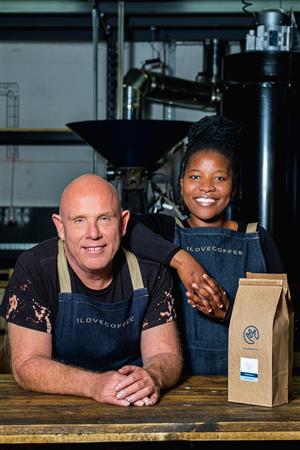
Expanding a chain of coffee shops run by Deaf young people
I Love Coffee operates a chain of coffee shops and coffee roasters and is staffed by deaf youngsters. Employees receive training and support. I Love Coffee currently has ten locations in Cape Town and Johannesburg and employs 26 people, 80 per cent of whom are deaf, and has trained a total of 100 people.
I Love Coffee, I Love Coffee, South Africa -
28-week employment training programme
LetsCo! organizes long-term trainings (one day every two weeks for 28 weeks), including traineeships in regular working environments such as for-profit companies (as co-workers), in kindergartens, and in elderly care centres. As a result, participants develop professional skills and discover their talents, and areas in need of improvement.
Konekt vzw, Belgium -
Placing teachers with disabilities in regular schools
The programme places teachers with disabilities in regular schools, supported by assistant teachers. While the focus was initially on visually impaired people, the initiative has now been extended and reaches out to persons with other disabilities as well. Between 2014 and 2016 more than 34 jobs were created.
Lesothian Ministry of Education and Training, Lesotho -
Training carers for the elderly
The project aims at training young persons with a disability or impairment, between the ages of 18 and 24, as in-patient care assistants in retirement or care homes, and at placing them in the primary job market. Two job coaches support the participants, organise internships and help them in their search for suitable employment.
Caritas Austria, Training carers for the elderly, Austria -
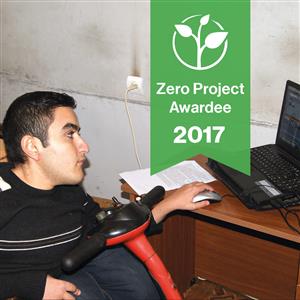
Government supporting community-led micro-enterprises
AREDP supports village inhabitants to create village-based micro-enterprises and to facilitate their access to finance as well as technical and marketing service. During the period 2010–2016, 143 enterprises have been established, creating 143 direct employment opportunities and 456 indirect ones.
Afghan Ministry of Rural Rehabilitation and Development, Afghanistan Rural Enterprise Development Programme (AREDP), Afghanistan -
The right to youth education
The law enables young people with special needs to attain personal, social and vocational competencies through a three-year youth education. The training is based on a person-centred curriculum. It can take place in different schools or in the form of work experiences, and is completed with a certificate.
Danish Ministry of Children and Education, The right to youth education, Denmark -
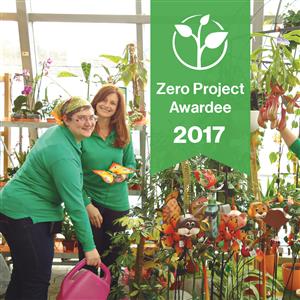
Full-service package leading to employment in the open labour market
Between 2004 and 2016, ChancenForum has supported 120 people with disabilities during their integration into the open labour market by providing them with job coaching, mentoring, and contacts with approximately 100 companies. The jobs offer a regular labour contract as well as the same benefits as their non-disabled peers.
autArk Social Services, ChancenForum, Austria -
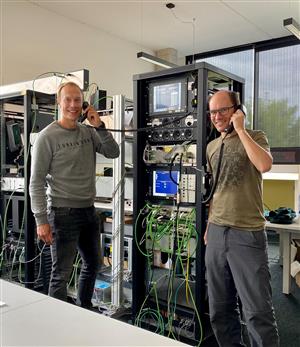
Employing people on the autism spectrum and hiring them out as consultants
Passwerk recruits people from the autism spectrum as consultants, places them in a suitable job, and offers them long-term job coaching. Passwerk consultants are specialized in IT services. In 2020 the company employed more than 120 consultants, and it has worked with more than 200 clients since 2008.
Passwerk, Passwerk, Belgium -
The projects include a series of activities led by disabled people to empower other disabled people. Among these were the first ever national survey of disabled people in senior jobs, the first network of disabled people in senior jobs and a guide written by and for disabled people, rooted in stories and evidence of "what works".
Disability Rights UK, People with disabilites career development, United Kingdom -
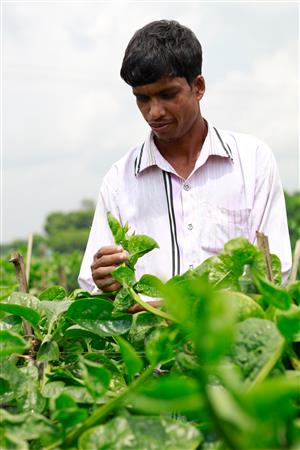
Promoting self-employment in agriculture and aquaculture by training and microfinance
DRRA’s ‘Jibika’ project supports people with disabilities in the rural districts of Sathkhira and Jhenaidah to run their own vegetable or crab farming businesses by providing training and microfinance. Between 2017 and mid-2020, 514 people with disabilities were involved in running their own businesses.
DRRA - Disabled Rehabilitation and Research Association, JIBIKA, Bangladesh